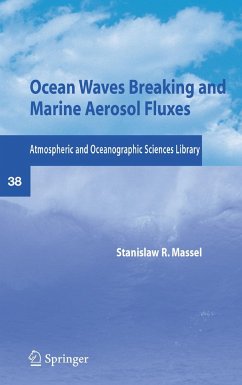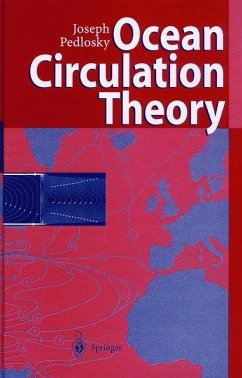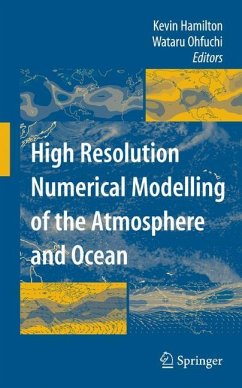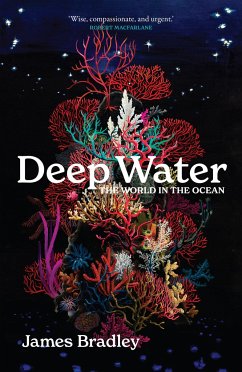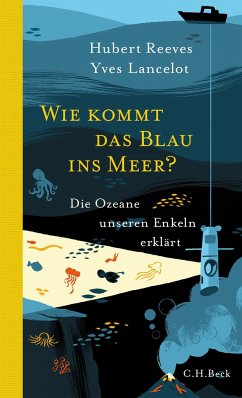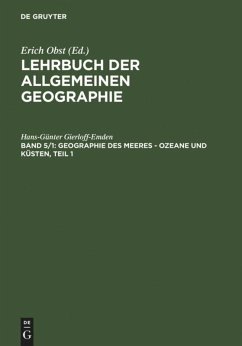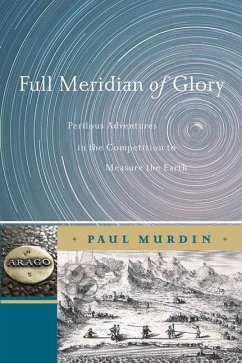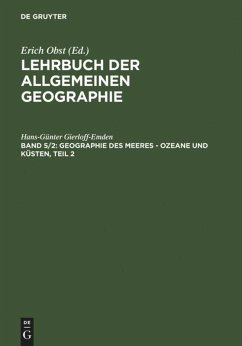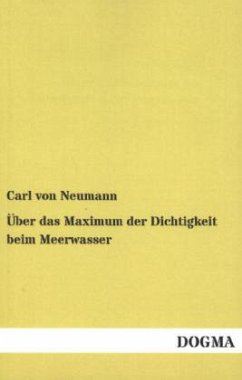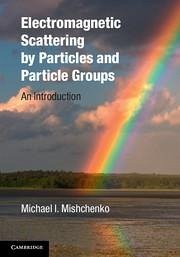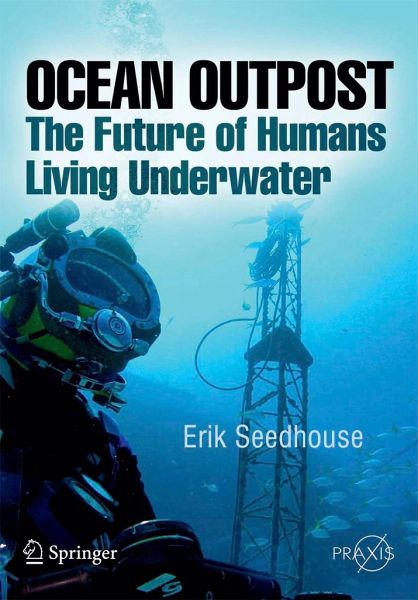
Ocean Outpost
The Future of Humans Living Underwater

PAYBACK Punkte
14 °P sammeln!
One of the greatest scientific and technological achievements of the 21st century will be to cast a light on the eternal darkness of the deep ocean and this book identifies the key determinants of life or death in its extreme environment. Dr. Erik Seedhouse examines how individuals survive free dives to 200m, how humans adapt to breathing exotic gas mixes at depths exceeding 700m, and how technological innovation will enable humans to enter unendurable realms. The book describes the problems unique to the hostile environment of the deep ocean, such as decompression sickness, discusses how the ...
One of the greatest scientific and technological achievements of the 21st century will be to cast a light on the eternal darkness of the deep ocean and this book identifies the key determinants of life or death in its extreme environment. Dr. Erik Seedhouse examines how individuals survive free dives to 200m, how humans adapt to breathing exotic gas mixes at depths exceeding 700m, and how technological innovation will enable humans to enter unendurable realms. The book describes the problems unique to the hostile environment of the deep ocean, such as decompression sickness, discusses how the human body responds to increased pressure, and what happens when adaptive mechanisms fail. Ocean Outpost describes how the technology will evolve, how crews will be selected and trained and what a typical underwater mission will entail. The book also chronicles the frontiers of diving medicine that will eventually take humans into the midst of a world we could once only guess at.



